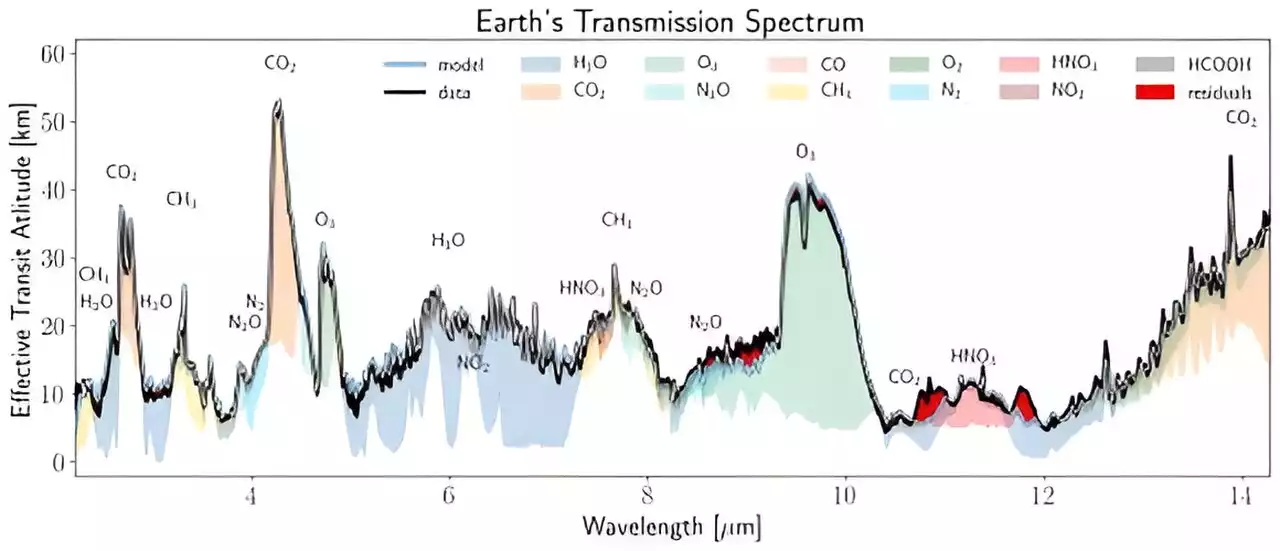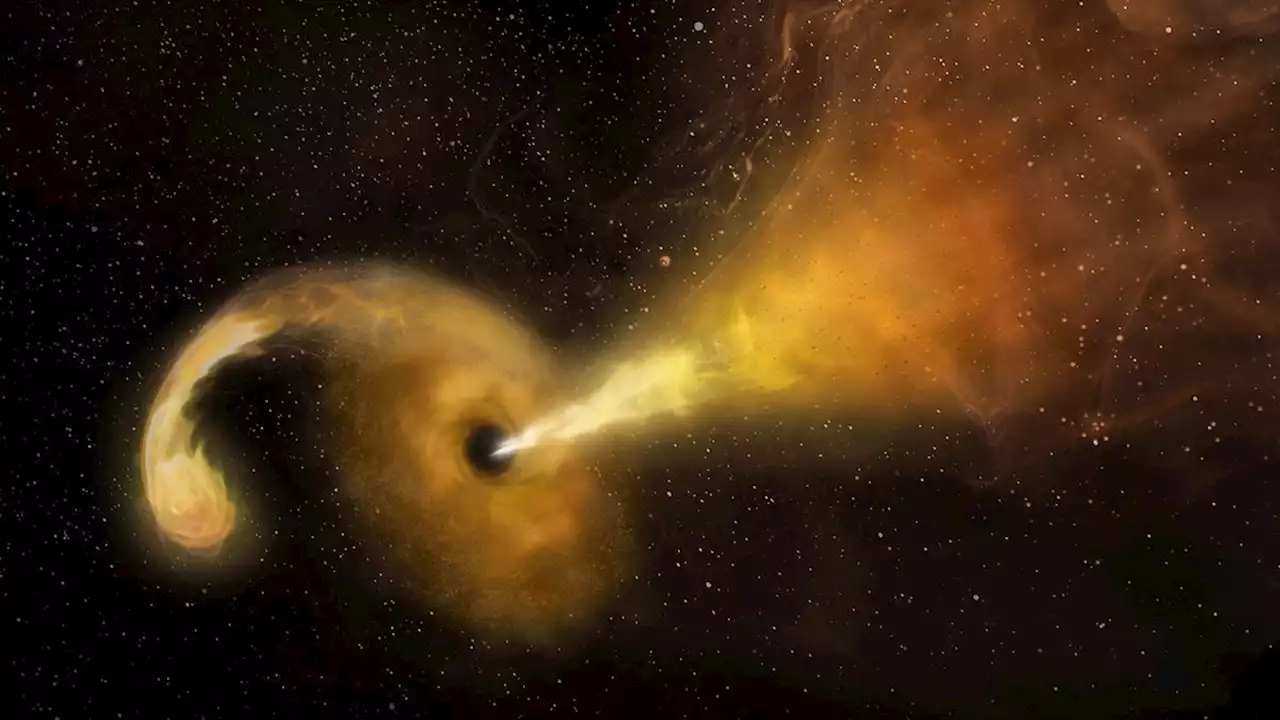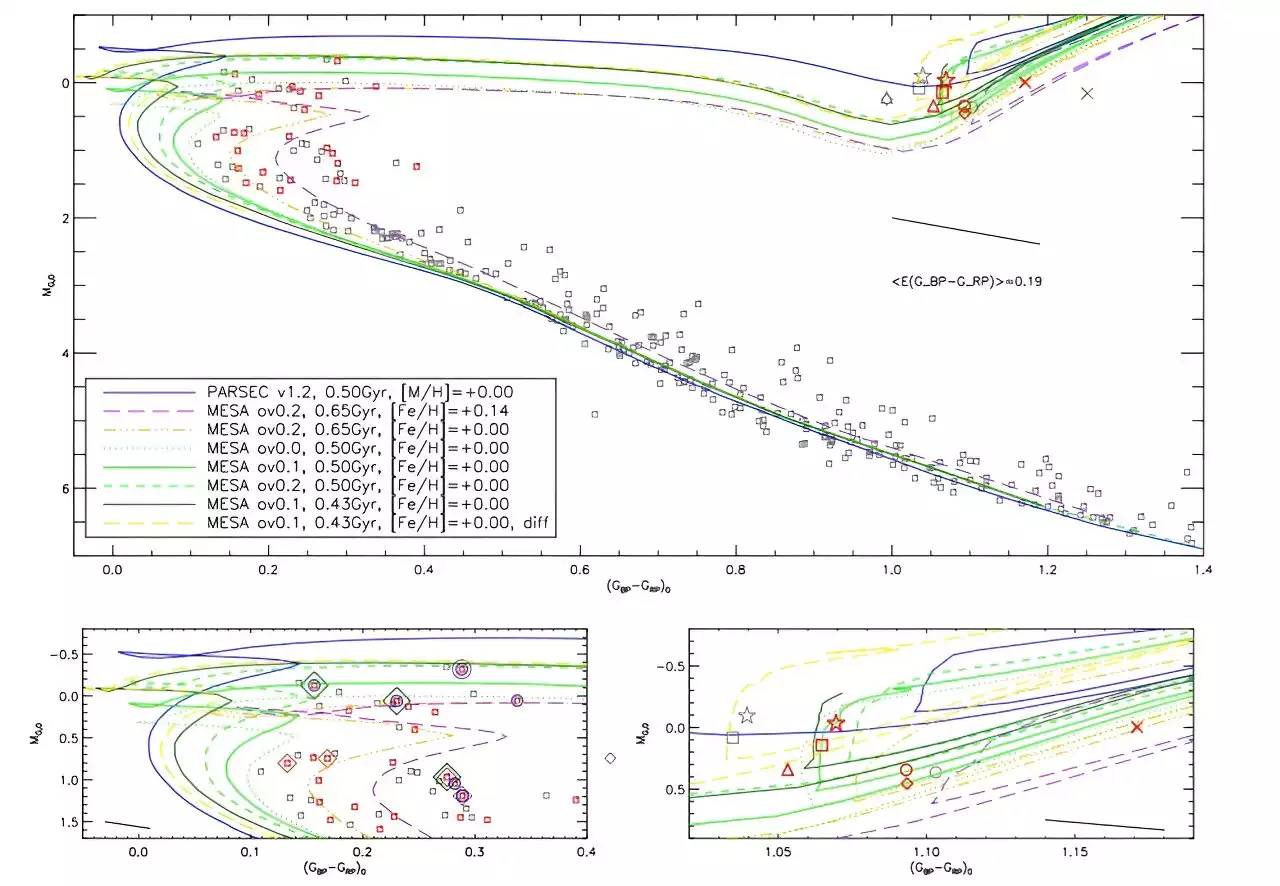Using TESS, scientists identified two long-period exoplanets, TOI-4600 b and c. These discoveries open new research avenues in understanding exoplanets, and the findings emphasize the significance of collaborative efforts, including contributions from amateur astronomers. Scientists from The Univ
and followed up with observations using the telescopes on the ground since they provide better resolution.’s TESS, which divides each hemisphere into 13 sectors that are surveyed for roughly 28 days, is producing the most comprehensive all-sky search for transiting planets. This approach has already proven its capability to detect both large and small planets around different kinds of stars.
The University of New Mexico’s Ismael Mireles, the lead author of the paper, along with collaborators including Diana Dragomir, an assistant professor in UNM’s Department of Physics and Astronomy, and collaborators from Massachusetts Institute of Technology andUnique Characteristics of the Exoplanets
Australia Latest News, Australia Headlines
Similar News:You can also read news stories similar to this one that we have collected from other news sources.
 If Earth were an exoplanet, JWST would know there's an intelligent civilization hereIf we're going to look for life on other worlds, why not start with the one planet we know has life? Earth's atmosphere is rich with oxygen and molecules such as methane, which strongly suggest the presence of life. It also has traces of molecules such as nitrogen dioxide and CFCs (commonly known as freon) which are strong indicators of an industrial civilization.
If Earth were an exoplanet, JWST would know there's an intelligent civilization hereIf we're going to look for life on other worlds, why not start with the one planet we know has life? Earth's atmosphere is rich with oxygen and molecules such as methane, which strongly suggest the presence of life. It also has traces of molecules such as nitrogen dioxide and CFCs (commonly known as freon) which are strong indicators of an industrial civilization.
Read more »
 Black holes keep 'burping up' stars they destroyed years earlier, and astronomers don't know whyYears after ripping stars to shreds, 24 black holes suddenly flared up with radio waves in inexplicable 'burping' bouts. Half of all star-killing black holes may experience the same.
Black holes keep 'burping up' stars they destroyed years earlier, and astronomers don't know whyYears after ripping stars to shreds, 24 black holes suddenly flared up with radio waves in inexplicable 'burping' bouts. Half of all star-killing black holes may experience the same.
Read more »
 Astronomers investigate giant stars in open cluster NGC 6866Using NASA's Kepler and ESA's Gaia spacecraft, an international team of astronomers has conducted an astroseismic investigation of six giant stars in the open cluster NGC 6866. The study, presented August 24 on the pre-print server arXiv, sheds more light on the properties of these giant stars and the cluster itself.
Astronomers investigate giant stars in open cluster NGC 6866Using NASA's Kepler and ESA's Gaia spacecraft, an international team of astronomers has conducted an astroseismic investigation of six giant stars in the open cluster NGC 6866. The study, presented August 24 on the pre-print server arXiv, sheds more light on the properties of these giant stars and the cluster itself.
Read more »
 Archaeologists uncover weavings, ancestral artifacts dating back thousands of yearsArtifacts dating back thousands of years that belonged to an ancient Alaska Native people were discovered last month on Kodiak Island and has given archaeologists a greater knowledge of what life was like back then.
Archaeologists uncover weavings, ancestral artifacts dating back thousands of yearsArtifacts dating back thousands of years that belonged to an ancient Alaska Native people were discovered last month on Kodiak Island and has given archaeologists a greater knowledge of what life was like back then.
Read more »
 New ring galaxy discovered by Indian astronomersBy analyzing the data from the Dark Energy Camera Legacy Survey (DECaLS), astronomers from the Christ University in Bangalore, India, have serendipitously discovered a new ring galaxy, which received designation DES J024008.08-551047.5 and may belong to the rare class of polar ring galaxies. The finding was reported in a paper published August 29 on the pre-print server arXiv.
New ring galaxy discovered by Indian astronomersBy analyzing the data from the Dark Energy Camera Legacy Survey (DECaLS), astronomers from the Christ University in Bangalore, India, have serendipitously discovered a new ring galaxy, which received designation DES J024008.08-551047.5 and may belong to the rare class of polar ring galaxies. The finding was reported in a paper published August 29 on the pre-print server arXiv.
Read more »
